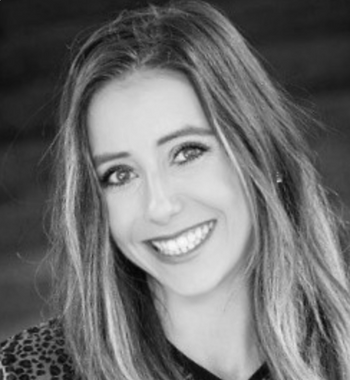Professors alter curriculum to lecture on Michael Brown
A course at Washington University will teach Hobbes, Locke, Rousseau, and the lack of diversity in Ferguson’s local governance.
The courses include "Policing," "Introduction to Criminology and Criminal Justice," and "Power, Justice, and the City."
Professors in St. Louis are changing their curriculums to integrate the shooting of Michael Brown in Ferguson, Mo., and the events that followed.
Professors in St. Louis are revising class curriculums to integrate “sensitive issues of race and policing” that have surfaced since the August 9 shooting of Michael Brown in Ferguson, Mo.
The 18-year-old was laid to rest Monday, initiating student discussions about issues of racial profiling, use of force, and tensions exacerbated by economic disparities.
undefinedTweet this
Criminal Justice and Sociology professors claim their new curriculums put a face on their case studies, whereas professors working in other departments had to grapple with issues of relevance but found a way to “prompt calls for change.”
Daniel Isom is an African-American professor teaching “Policing” and “Introduction to Criminology and Criminal Justice” at University of Missouri in St. Louis. He was a St. Louis cop from 2008-2012.
“We’ll examine cities, like Cincinnati, that have collaborative agreements in which citizens have a voice in the hiring process and in the promotion and selection of the chief,” said Isom. “We’ll also consider whether a more-diverse force might have been able to quell some of the unrest in Ferguson.”
Isom plans to explore the question of whether people would feel more confident in America’s justice system if all citizens could review use-of-force cases.
“That way, when an incident happens, the response is something the community has agreed is appropriate,” says Isom.
Clarissa Rile Hayward teaches “Power, Justice, and the City” and “History of Political Thought II: Legitimacy, Equality, and the Social Contract” at Washington University in St. Louis.
In Hayward’s course, she plans to “examine power and racial injustice, resistance to power in urban America, and power and justice in American suburbs.” She claims that Ferguson will be relevant “in every case.”
Hayward also plans to examine the lack of diversity in Ferguson’s local governance, and further investigate how it affects the area’s constituents. In addition, the class will discuss Hobbes, Locke, Rousseau, and social contract theory.
“I hope that continuing the conversations about racial injustice that were having around campus in the classroom will highlight the relevance of political theory to political life,” says Hayward.
Cindy Epperson is a professor teaching “Introduction to Sociology” and “Crime and Society” at St. Louis College at Meramec, and is also Ferguson into her classes.
“We’ll talk about how the life and death of this young man will lead to social change,” says Epperson. The course curriculum is aimed at “debunking stereotypes and myths.”
“Most of the looters shown in the media were black, so people who believe this is what black people do [and] are going to say, ‘see I told you so.’”
Epperson went on to say that she and her colleagues have spent time with the protesters, in a collaborative effort to come up with possible solutions to perpetuated racial attitudes.
Follow the author of this article on Twitter: @MaggieLitCRO

